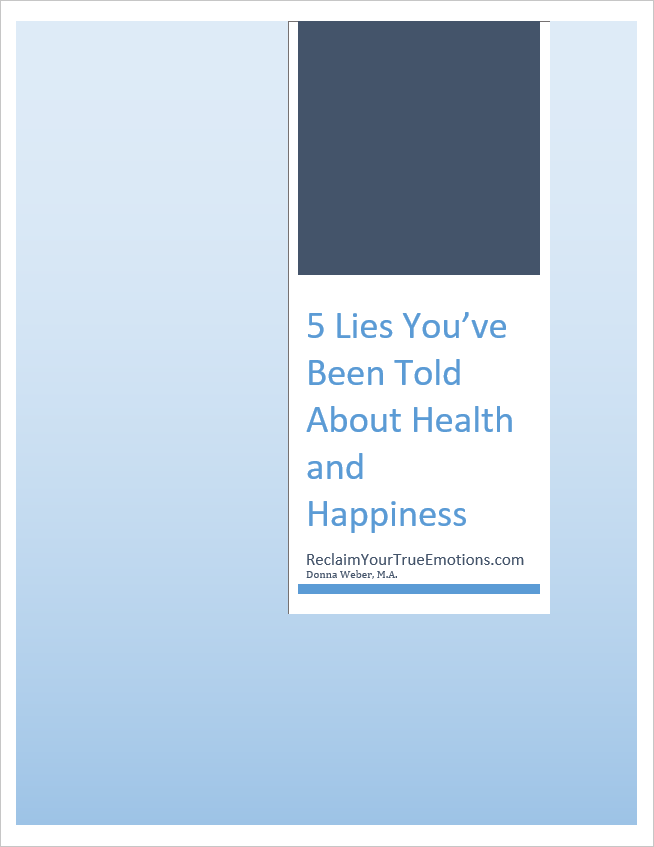In my last post I described how a false identity prevents you from being your true self. Sometimes a false identity can be more problematic.
All of us are programmed by our parents and our culture. Sometimes more than programming can affect our false identity. It may be influenced by a painful moment in childhood. Even though the painful moment passes we keep the emotion as a part of our false identity.
Your false identity is not the true you.
How we form our false identity
Our false identity is learned; we are not born with it. We form our sense of identity when we reach the right age or developmental time frame. We begin forming this identity when we are very young. We learn that there is a me and other people.
Normally our identity is made up of a series of emotions. Sometime these emotions can be overwhelmed by a traumatic event. This trauma or upsetting event can create your identity.
An example may help. As an adult Rose (not her real name), always hated her name. She even hated hearing someone say her name. She wanted to use the poetry of emotion process to uncover this mystery.
The poetry emotion process: a refresher
The poetry of emotion process is designed to release problem emotions from the past and reclaim your true emotions. The first step is to describe the problem emotion as a metaphor. You do this by describing exactly how it feels in your body when you are feeling the emotion, for example a lump in the throat or a heavy heart. I call this an emotional poem.
Next, you find a time before you learned the emotion. This is your resource age or true emotion. Using your resource age and your problem poem, you release the past and reclaim your true emotion. Posts in “Are you new to the site?” describe this process in more detail.
Rose’s process
To get started, I asked Rose to say her name several times. She said she felt panic and fear. Using the physical sensations in her body I asked her to describe her emotions as a metaphor. She said it felt like her chest and lungs were full of smoke and she couldn’t breathe.
I asked her to find a time before the smoke in her chest. She discovered a three year old Rose who was playing in the sunshine in her backyard. Three became her resource age and the sunshine became a resource poem.
I asked her to combine the smoke and the sunshine. The smoke could not stay in her body when the sunshine entered her chest. The smoke left her body and dissolved. There was a bit more to this step. You can find out more on the “Are you new to the site?” page.
She said that she felt like she had been living in a gray world and now the sun was out. I asked her to say her name and she reported that she felt warm and safe.
Rose’s story
I had no idea what any of this meant, so I asked if the smoke and sunshine were meaningful to her. She told me that her family home caught fire when she was around three. There were several minutes when her parents could not find her. They were panicked and kept calling her name.
Fortunately they found her and she was not harmed. Unfortunately this event left her with emotional scars.
Rose said that before the fire she felt safe and loved. After the fire she was always afraid that something bad might happen. Even as a successful adult, she was waiting for the other shoe to drop. If things were going great, she couldn’t enjoy herself.
How does this apply to you?
Even if you don’t have a trauma in your past, your false identity can affect your happiness and success. Do you have all the happiness and success you want?
In my next post, I will be giving you more information on how to reclaim your true identity.
(Image: Janie Easterman @ Flickr)



